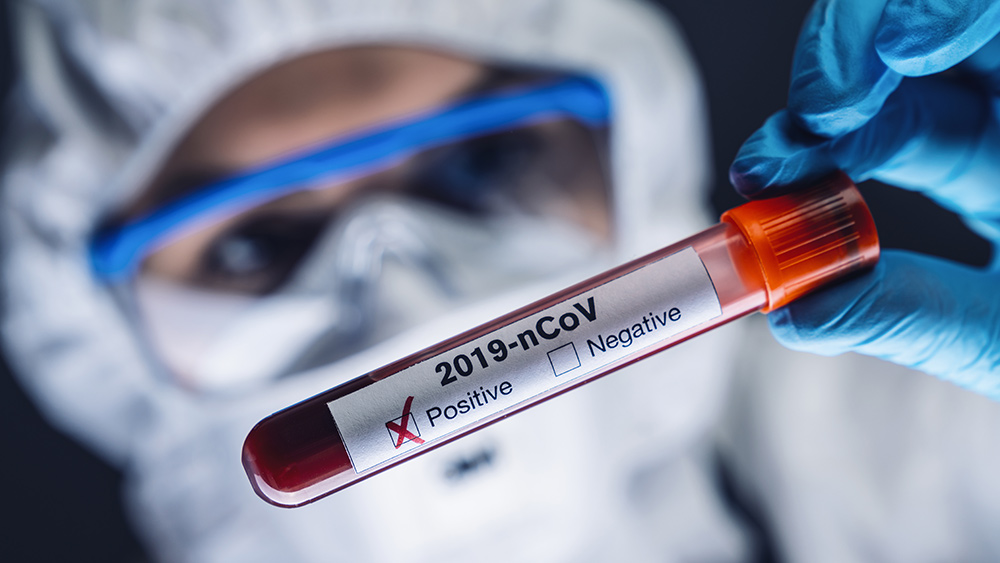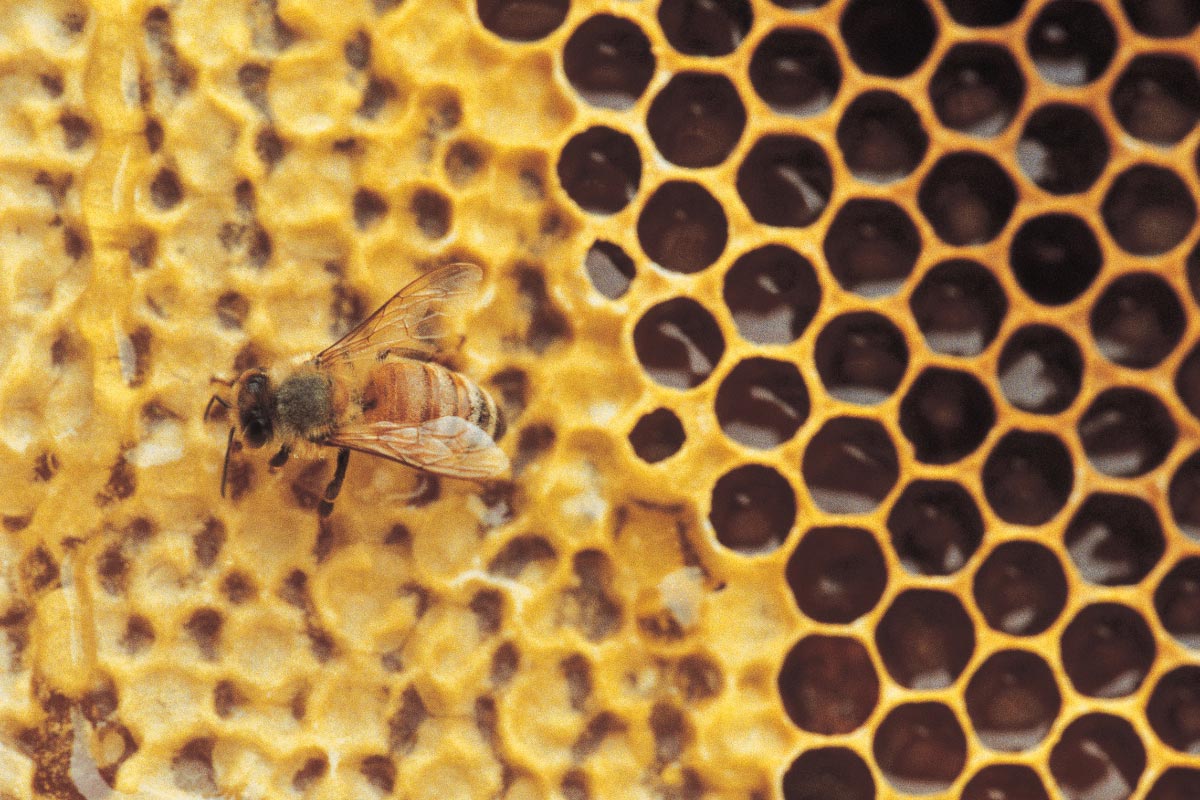Can cinnamon extracts help with diabetes and obesity?
07/14/2020 / By Evangelyn Rodriguez

Cinnamon is a well-known spice used to flavor savory and sweet foods. It is also widely used as a traditional medicine. Two varieties of cinnamon are used for these purposes, cinnamon cassia (Cinnamomum cassia) and ceylon cinnamon (Cinnamomum zeylanicum). Although the former is the more common of the two, the latter is scientifically known for its medicinal properties.
In a recent study, researchers from India examined the beneficial effects of ceylon cinnamon bark extracts on adiposity, insulin sensitivity and cardiometabolic markers. Previous investigations have indicated suggest that ceylon cinnamon has the ability to lower blood sugar levels and help with the management of diabetes complications.
The researchers reported their findings in an article published in the International journal of Green Pharmacy.
A natural treatment for diabetes and obesity
According to studies, a high fructose (HFr) diet may be responsible for the development of insulin resistance (IR). Foods naturally high in fructose include agave, fruits juices, honey and molasses, while foods high in added fructose include salad dressings, sugary drinks, colas, baked goods and fast foods.
To determine if ceylon cinnamon bark extracts can ameliorate HFr diet-induced insulin resistance (IR), the researchers conducted an experiment using 30 Wistar male albino rats. They divided the rats into five groups (n=6) that had free access to food and water.
Groups I and II, which served as the normal control and HFr control, received two percent gum acacia and a 60 percent w/v fructose diet, respectively.
Groups III, IV and V, meanwhile, were orally given pioglitazone (PGZ, a diabetes medication), aqueous ceylon cinnamon bark extracts (CBAE) and ethanolic ceylon cinnamon bark extracts (CBEE), respectively, from day 28 until the end of the treatment. (Related: Medicinal benefits of cinnamon.)
All the groups except the normal control were put on an HFr diet for 42 days. The researchers then evaluated weight gain, adiposity (obesity or overweight), adiponectin levels and cardiometabolic markers (C-reactive protein and uric acid), as well as cardiovascular (CV) risk, IR and insulin sensitivity (IS) indices.
Compared with the normal control, HFr feeding significantly increased weight gain, adiposity and cardiometabolic markers but decreased adiponectin levels. CV risk also significantly increased in the HFr control while IS indices decreased compared with the normal control.
In groups III, IV and V, adiposity significantly decreased, while weight gain decreased in the cinnamon-treated groups. PGZ and CBAE significantly increased the levels of adiponectin, a protein hormone and adipokine — a chemical produced by fat tissue — involved in glucose regulation and fat breakdown. PGZ, CBAE and CBEE also decreased cardiometabolic markers and improved IS indices.
Based on these findings, the researchers concluded that ceylon cinnamon bark extracts can improve insulin sensitivity and metabolic risk factors by modulating adiponectin levels in HFr-fed rats. These activities make cinnamon a potential functional food supplement that can be used for the management of diabetes and obesity.
Other health benefits of ceylon cinnamon
Ceylon cinnamon is also known as true cinnamon. It has a different shape, a delicate taste and a lighter color than other cinnamon varieties. Studies suggest that ceylon cinnamon has anti-inflammatory, antioxidant and antimicrobial effects, besides being an anti-diabetic. Here are the other health benefits associated with ceylon cinnamon. (h/t to MedicalsNewsToday.com)
- Contains cancer-fighting enzymes that can help prevent or treat cancer
- Has anti-inflammatory properties that improves blood flow, reducing high blood pressure
- Improves brain response to insulin, which helps stop the onset of cognitive decline
- Helps the body reduce oxidative stress, which can damage cells
- Lowers the risk of common diabetes complications
Unlike cassia cinnamon, which can be derived from different species of Cinnamomum trees, ceylon cinnamon is derived solely from the true cinnamon (Cinnamomum verum) tree. As such, it is more expensive than cassia cinnamon and also less common. However, ceylon cinnamon also contains more antioxidants, and thus offers more benefits.
To learn more about ceylon cinnamon and similarly useful natural remedies, visit Herbs.news.
Sources include:
Tagged Under: alternative medicine, cardiometabolic health, Ceylon cinnamon, diabetes cure, fight obesity, food cures, food is medicine, functional food, insulin resistance, natural cures, natural medicine, remedies, research, weight gain




















